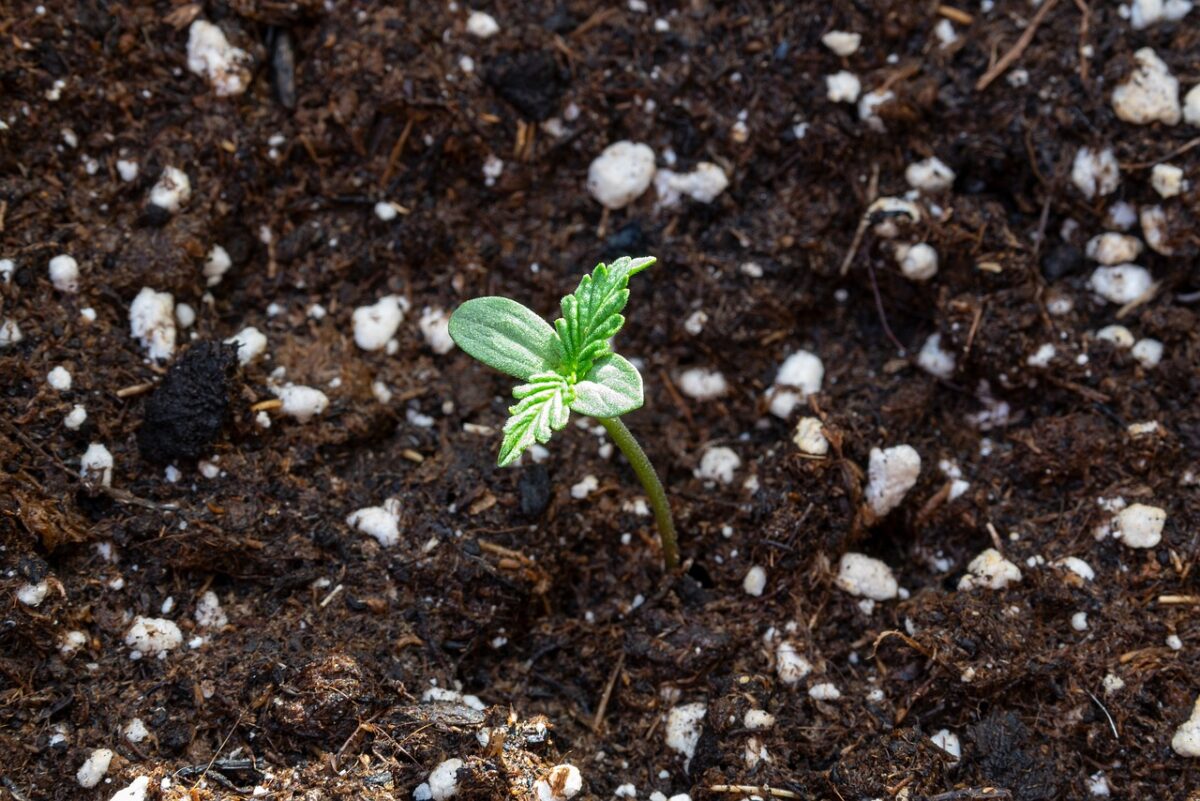
Minnesota Cannabis Business Development
The Minnesota cannabis market has the potential to stimulate significant economic growth in the coming years. In addition to legalizing adult-use cannabis, the state has announced multiple grant programs to help support Minnesota cannabis business development.
Grant programs intended to help fund, guide, and train the first generation of adult-use cannabis entrepreneurs will foster cannabis business development, generate job opportunities, and contribute to overall economic prosperity in Minnesota. From cultivation and manufacturing to retail operations and ancillary services, the cannabis sector creates a wide range of employment opportunities across various skill levels – and Minnesota residents are eager to enter this new industry.
Minnesota Cannabis Business Development: CanStartup
As part of the state’s commitment to supporting this new industry, Minnesota has included a provision in HF 100 for cannabis industry startup financing grants. Within the CanStartup grant program, these grants will be overseen by the Department of Employment and Economic Development and issued to nonprofit corporations to fund loans to new businesses in the legal cannabis industry. Funds will also be used to support job creation in communities where long-term residents are eligible to be social equity applicants.
Grants will be awarded through a competitive grant process. To receive grant money, nonprofit corporations must submit a written application to the commissioner. Loans are intended to be granted to businesses that are not likely to undertake the project for which loans are sought without assistance from the program. Priority will be given to businesses owned by individuals who are eligible to be social equity applicants and businesses located in communities where long-term residents are eligible to be social equity applicants.
In awarding grants within the CanStartup program, the following criteria will be considered:
- Has a board of directors that includes citizens experienced in business and community
development, new business enterprises, and creating jobs for people facing barriers to
education or employment; - Has the technical skills to analyze projects;
- Is familiar with other available public and private funding sources and economic
development programs; - Can initiate and implement economic development projects;
- Can establish and administer a revolving loan account;
- Can work with job referral networks that assist people facing barriers to education
or employment; and - Has established relationships with communities where long-term residents are eligible to be social equity applicants.
Loans under this program will not require matching funds, but a much higher loan amount will be allowed if funds are matched by private investment, and full or partial forgiveness of loans will be allowed after three years of satisfactory performance. Loans can be renewed annually for up to six years. The minimum state contribution to a loan is $2,500 and the maximum is either:
- $50,000; or
- $150,000, if state contributions are matched by an equal or greater amount of new
private investment.
Minnesota Cannabis Business Development: CanNavigate
The state has also announced the establishment of the CanNavigate grant program. This program will issue grants to organizations to help individuals figure out how to set up a legal cannabis business through technical assistance and navigation services for regulations. CanNavigate will be run by the Department of Employment and Economic Development and the goal of the program will be to help individuals navigate the regulatory structure of the legal cannabis industry.
Grant money awarded to eligible organizations may be used for both developing technical assistance resources relevant to the regulatory structure of the legal cannabis industry and for providing technical assistance or navigation services to individuals.
Grants will be awarded through a competitive grant process. To receive grant money, an eligible organization must submit a written application to the commissioner explaining the organization’s ability to assist individuals in navigating the regulatory structure of the legal cannabis industry, particularly individuals facing barriers to education or employment.
Grant applications must also include:
- A description of the proposed technical assistance or navigation services, including
the types of individuals targeted for assistance; - Any evidence of the organization’s past success in providing technical assistance or
navigation services to individuals, particularly individuals who live in areas where long-term residents are eligible to be social equity applicants; - An estimate of the cost of providing the technical assistance;
- The sources and amounts of any non-state money or in-kind contributions that will
supplement grant money, including any amounts that individuals will be charged to receive assistance.
Minnesota Cannabis Business Development: CanTrain
Minnesota has also created a cannabis industry training grant program called CanTrain. This program, which is to be run by the Department of Employment and Economic Development (DEED), will issue grants to eligible organizations to train people for work in the legal cannabis industry, as well as eligible individuals to acquire such training.
Both types of grants favor programs that result in an industry-relevant credential or include hands-on or on-site experiences in the industry. The grants to individuals are designed to be made by lottery after a very simple application, with DEED publishing all the information necessary to find an appropriate training program, and funds can be used for external barriers to training like child care and transportation as well as formal tuition and materials.
The commissioner will award grants to eligible organizations through a competitive grant process. To receive grant money, an eligible organization must submit a written application explaining the organization’s ability to train individuals for successful careers in the legal cannabis industry, particularly individuals facing barriers to education or employment.
An eligible organization’s grant application must also include:
- A description of the proposed training;
- An analysis of the degree of demand in the legal cannabis industry for the skills gained
through the proposed training; - Any evidence of the organization’s past success in training individuals for successful
careers, particularly in new or emerging industries; - An estimate of the cost of providing the proposed training;
- The sources and amounts of any non-state funds or in-kind contributions that will
supplement grant money, including any amounts that individuals will be charged to
participate in the training;
How Can Point Seven Group Help?
The team of cannabis consultants and professionals at Point Seven Group have worked extensively in the U.S. and international cannabis markets and are familiar with the unique challenges of the cannabis industry. Follow us on social media to stay up to date with more cannabis industry updates!
- Wayzata moves to open city-run weed dispensary
 The City of Wayzata is considering opening its own recreational cannabis dispensary sometime next year. On Tuesday, Wayzata’s City Council and mayor approved a contract with Colorado-based consulting firm Point7 to draft a business plan for the possible municipal dispensary. This would be the city’s …
The City of Wayzata is considering opening its own recreational cannabis dispensary sometime next year. On Tuesday, Wayzata’s City Council and mayor approved a contract with Colorado-based consulting firm Point7 to draft a business plan for the possible municipal dispensary. This would be the city’s … - Indiana Cannabis Legalization: 2024 Update
 The Midwest has become a bustling hub for cannabis policy and industry, with states like Michigan, Illinois, and Ohio leading the charge in cannabis legalization. However, Indiana’s stance on cannabis remains a topic of significant interest and debate. As we delve into the status of …
The Midwest has become a bustling hub for cannabis policy and industry, with states like Michigan, Illinois, and Ohio leading the charge in cannabis legalization. However, Indiana’s stance on cannabis remains a topic of significant interest and debate. As we delve into the status of … - Cannabis Expungement and Social Equity: Proven & Failed Concepts
 In the realm of cannabis expungement and social equity, examining both proven and failed concepts is crucial for understanding the complexities of justice reform and equity within the cannabis industry. Proven concepts include initiatives such as automatic expungement processes, which streamline the clearance of certain …
In the realm of cannabis expungement and social equity, examining both proven and failed concepts is crucial for understanding the complexities of justice reform and equity within the cannabis industry. Proven concepts include initiatives such as automatic expungement processes, which streamline the clearance of certain …

